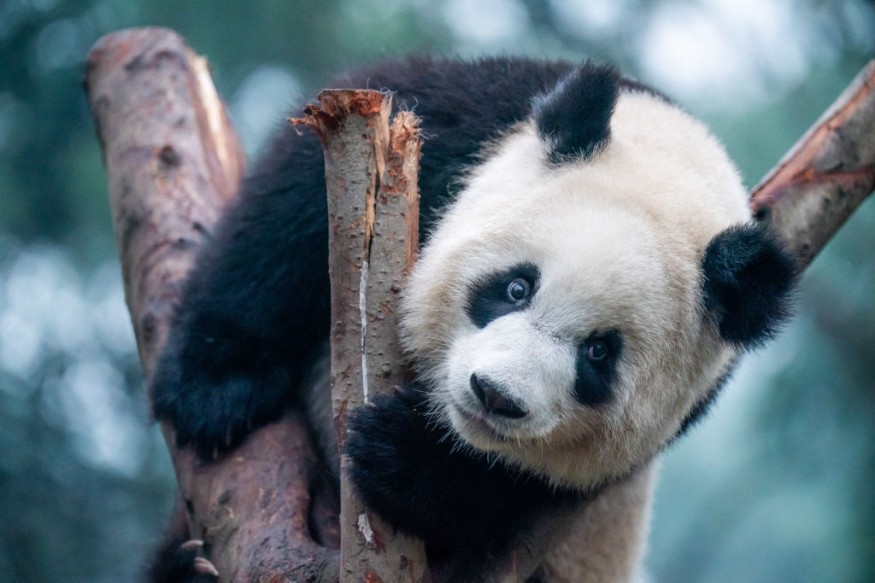
A man who hurled unspecified objects into a huge panda enclosure in China has become the latest visitor to face a lifelong ban from entering the park.
Chengdu Research Base of Giant Panda Breeding identified the visitor as a 53-year-old male from the Gao family.
Feeding Panda Causes Harm
A note from the panda park did not identify the thing thrown but stated that feeding pandas may cause harm and that the panda appeared to be in good health.
"In view of Gao's uncivilized visit and his behavior that may cause harm to giant pandas, he is prohibited from entering the panda base ... for life," the notice said.
The breeding base in Chengdu, Sichuan province's capital, is a famous tourist destination. Last year, 34 pandas were born across two Sichuan sites, including one in Chengdu. Some made a special appearance during this month's Lunar New Year festivities.
The panda base has already issued lifelong prohibitions on feeding pandas. Last August, a man and a woman were barred for life for feeding bamboo shoots to panda babies in an activity area and giving them peanuts.
Other visitors have been barred for one or five years for actions such as pouring water at a panda or hammering hard on the enclosure window glass.
Panda Diet
Pandas are among the world's most fascinating vegetarians. Their digestive systems evolved to consume meat, but they prefer to eat bamboo.
"The national treasure has strict dietary standards," the Base wrote in its notice.
A panda's daily diet is nearly entirely composed of the leaves, stems, and shoots of various bamboo species.
Bamboo has very little nutritional value, thus, pandas must consume 12-38 kg per day to meet their calorie requirements.
They do, however, vary their diet, with different plants and even meat accounting for roughly 1% of their intake. Although pandas are virtually totally vegetarian, they will occasionally hunt for pikas and other small rodents.
In 2014, researchers radio-collared three male and three female pandas in China's Qinling Mountains and tracked what they ate in their natural settings for six years. The researchers also investigated the panda diet in depth, calculating the levels of nitrogen, phosphorus, and calcium-the three most important elements for mammals-in the plants they ate.
The study revealed that there is significant evidence that pandas try to forage as efficiently as possible to meet their nutritional demands, combining dietary elements to give a complete nutrient profile. In locations with only one edible plant, animals may attempt to ingest different sections of the same meal.
This dietary juggling act appears to also influence panda fertility.
Although panda mate in the spring, they have "delayed implantation"-the embryo is in a condition of halted development in the mother's uterus until it attaches and restarts growth.
The authors believe that panda embryos continue to develop only when there is enough calcium in the diet.
Related Article : China Running Out of Panda Caretakers Despite Hundreds of Applicants
© 2025 NatureWorldNews.com All rights reserved. Do not reproduce without permission.





